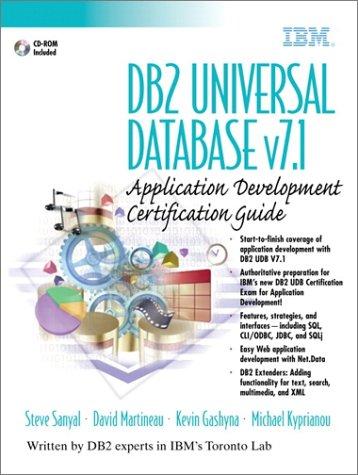Answered step by step
Verified Expert Solution
Question
1 Approved Answer
Part 2 [80%-8 marks each. Queries Write the queries below in relational algebra. There are a number of variations on relational algebra, and different notations


Step by Step Solution
There are 3 Steps involved in it
Step: 1

Get Instant Access to Expert-Tailored Solutions
See step-by-step solutions with expert insights and AI powered tools for academic success
Step: 2

Step: 3

Ace Your Homework with AI
Get the answers you need in no time with our AI-driven, step-by-step assistance
Get Started


